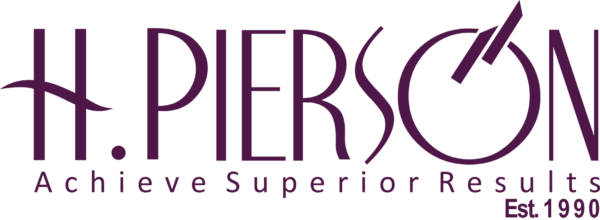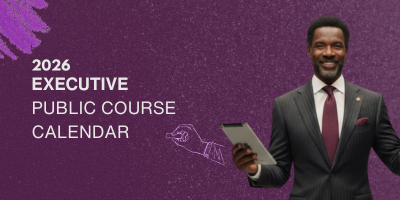Achieving Culture Change in Public Institutions
September 17, 2024 HRC
Achieving culture change in public institutions can be challenging due to their size, hierarchical structures, and the complexity of their missions. However, with a thoughtful approach, it’s possible to shift behaviors, attitudes, and mindsets to create a more adaptive and dynamic organizational culture.
Strong Leadership Commitment
- Role Modeling: Leaders must demonstrate the desired cultural values in their daily actions and decision-making. Leadership commitment sets the tone for the entire organization.
- Vision and Clarity: Leaders should clearly articulate why culture change is necessary, outlining a compelling vision that aligns with the institution’s mission and public service objectives.
Engage Employees at All Levels
- Involve Employees in the Process: For culture change to stick, employees at all levels should feel involved in shaping the new culture. This can be achieved through workshops, focus groups, or participatory planning sessions.
- Identify Change Champions: Empower individuals within the organization who naturally embrace the new cultural values to act as ambassadors, influencing others and spreading the desired behaviors.
Alignment of Policies and Incentives
- Review Organizational Policies: Ensure that all institutional policies, performance metrics, and incentives are aligned with the desired cultural values. For example, if collaboration is a core value, performance reviews should reward teamwork rather than individual accomplishments.
- Redesign Reward Systems: Public institutions should ensure that both formal and informal rewards (e.g., promotions, recognition, development opportunities) are designed to reinforce the desired cultural attributes.
Training and Capacity Building
- Skill Development: Provide training that builds the necessary skills to support the culture change, such as leadership development, emotional intelligence, diversity training, and change management skills.
- Continuous Learning: Create an environment where learning is encouraged, and employees are given the tools and resources to adapt to new ways of working.
Communication and Transparency
- Clear, Consistent Communication: Communicate the vision for culture change consistently and transparently. Use multiple channels to ensure the message reaches all employees.
- Two-Way Communication: Encourage feedback and open dialogue. Leaders should listen to employee concerns and ideas, making adjustments where necessary.
Focus on Small Wins and Gradual Progress
- Pilot Projects: Start with small, manageable initiatives that can showcase the positive impacts of the cultural shift. Success in these areas builds momentum and demonstrates the feasibility of broader change.
- Celebrate Milestones: Recognize and celebrate early successes and improvements to keep morale high and reinforce the message that change is possible.
Sustain the Change with Accountability Mechanisms
- Tracking Progress: Establish clear metrics to track culture change efforts. These could include employee engagement surveys, customer satisfaction ratings, or internal collaboration levels.
- Continuous Reinforcement: Embed the desired cultural behaviors into everyday processes, from recruitment to daily operations. Leaders should continually reinforce the values through their actions and the decisions they make.
Foster a Culture of Innovation and Adaptability
- Encourage Risk-Taking: Shift from a culture of risk aversion (common in public institutions) to one that supports experimentation and innovation. Create safe spaces for trying new approaches without fear of negative repercussions.
- Adapt and Evolve: Public institutions should be prepared to adapt the culture change plan based on what works and what doesn’t. Flexibility is essential as culture change is not a one-time event but an ongoing process.
By applying these approaches, public institutions can gradually shift their organizational culture to one that is more innovative, responsive, and aligned with modern governance challenges.
FURTHER ENQUIRIES, CALL: +234 812 902 3329 (Charity) | +234 802 056 5056 (Ayo)



